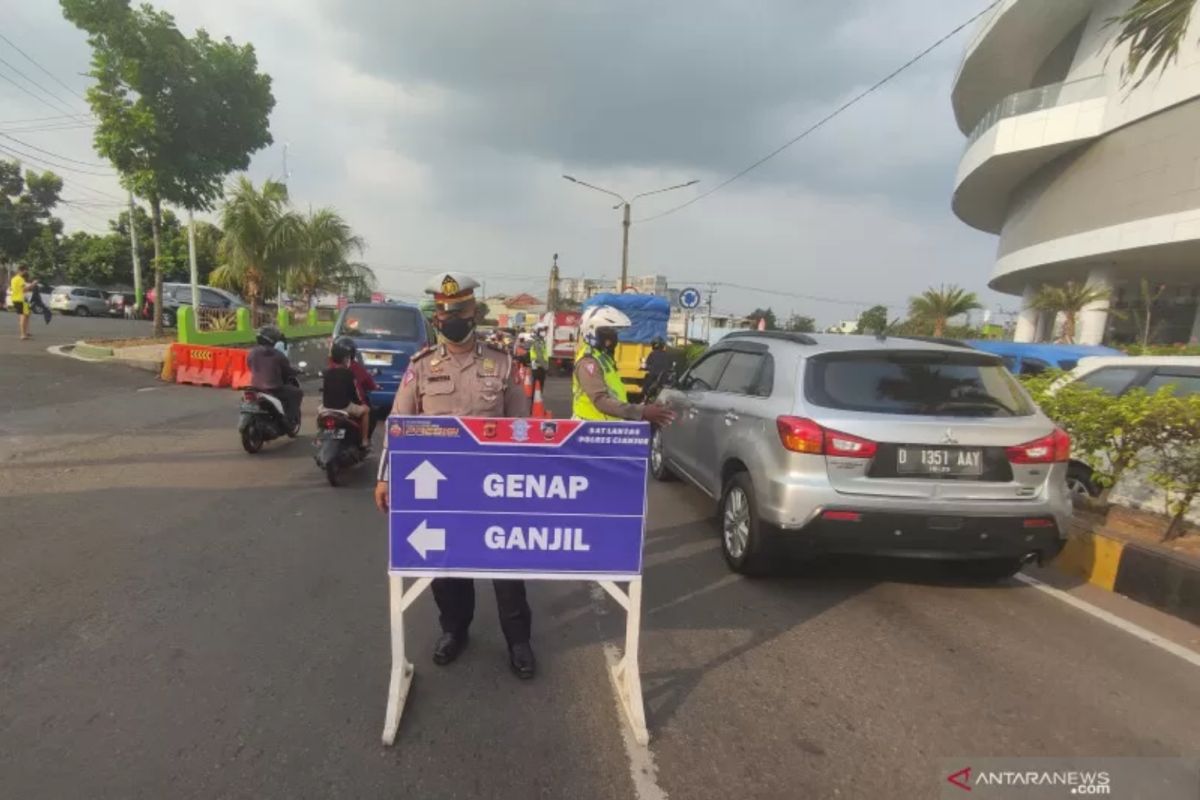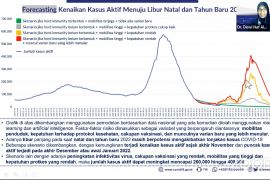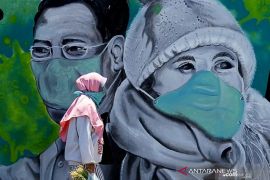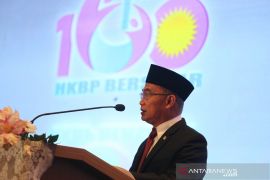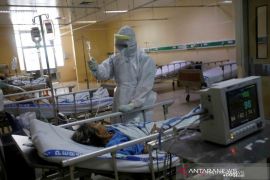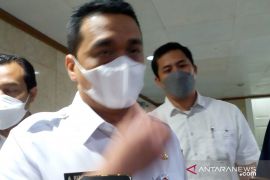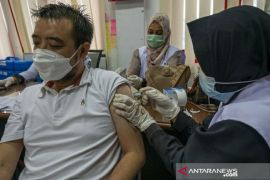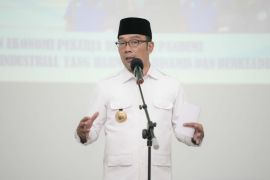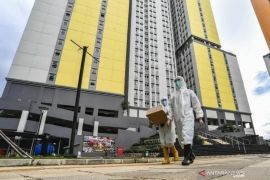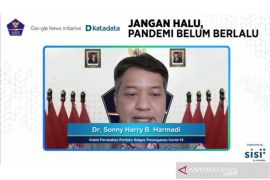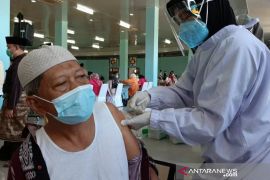This is because there is no vaccine that is 100-percent effective. Moreover, the effectiveness of the vaccine can be reduced with the new variants appearingJakarta (ANTARA) - An epidemiologist at the Faculty of Public Health, University of Indonesia (FKM UI), Iwan Ariawan, drew attention to the likelihood of a significant rise in the COVID-19 case count during the long year-end holidays.
"Long holidays accompanied by high mobility, with minimum health protocols, pose a risk by being causal to a case spike," Ariawan remarked here on Friday.
The third wave of COVID-19 can surface due to several factors comprising an increase in population mobility without the application of health protocols, a decrease in case tracking, low vaccination coverage, and the presence of new, more infectious variants.
"Experts forecast that from December to January, the number of cases might increase since during the long holidays, people tend to travel more that leads to crowding. People only realize or regret their decision after an increase in cases infected them or their families," Ariawan pointed out.
Related news: Govt adopts 4 strategies to meet 2.5-million vaccinations target
The third wave of COVID-19 can be prevented by using the indicator of the Community Activity Restrictions (PPKM) as a combination of transmission indicators and response capacity, he expounded.
Ariawan advised the government to increase the level of PPKM in vulnerable areas if the need arises.
The epidemiologist believes that the third wave of COVID-19 can surface despite vaccinations crossing 50 percent before December.
"This is because there is no vaccine that is 100-percent effective. Moreover, the effectiveness of the vaccine can be reduced with the new variants appearing," he noted.
Related news: Ministry aims to vaccinate over 20% of population in provinces
On a separate occasion, Professor of the Department of Pulmonology and Respiratory Medicine, the Faculty of Medicine, the University of Indonesia (FK UI) Tjandra Yoga Aditama remarked that amassing of people was often ensued by an increased risk of a case spike.
"Hence, it is just a matter of whether the year-end holidays can be managed and handled aptly," he stated.
According to Aditama, the government and mass media should continue to remind the public of the likelihood of COVID-19 cases increasing after the long holidays. The trend had been witnessed in Singapore despite over 80 percent of the population being vaccinated.
Related news: BPJS Health insurance shares experiences on heheaalth care with India
Related news: Govt continues to push for vaccinations for disabled people: official
Translator: Andi Firdaus, Resinta S
Editor: Fardah Assegaf
Copyright © ANTARA 2021
